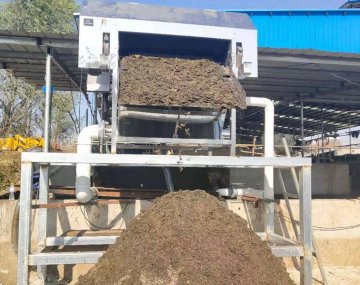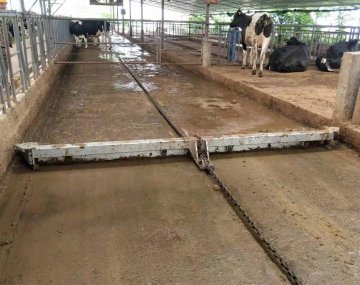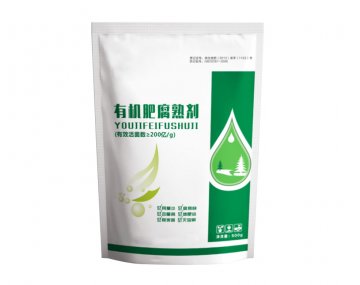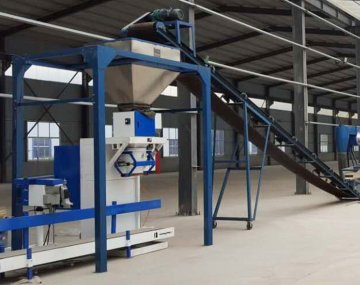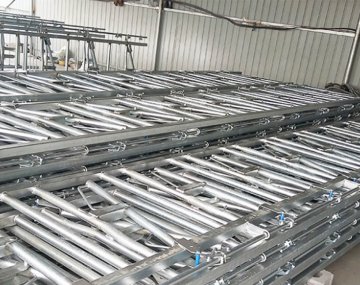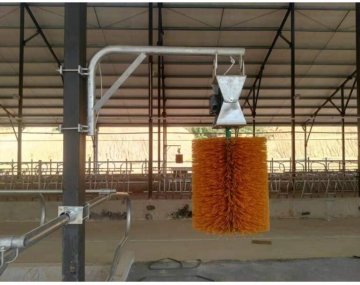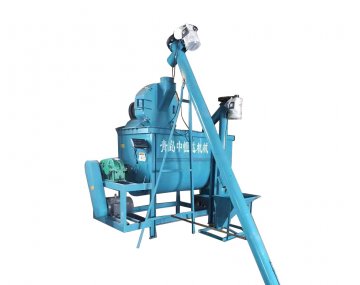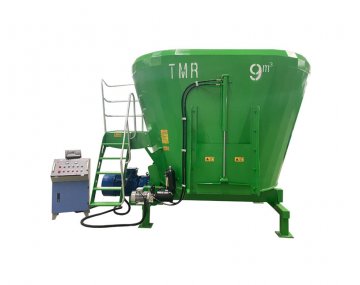Organic fertilizer contains a variety of nutrients, rich in organic matter, can strengthen the activities of microorganisms, lasting fertilizer effect, not only can supply crop nutrition needs, but also can improve the soil water, heat and ventilation conditions, improve soil maturation. The large amount of CO2 released by organic fertilizer can be used for plant nutrition. Humus in organic fertilizers can stimulate plant growth and absorb mineral nutrients. Organic matter in soil can significantly improve soil physical and chemical properties, improve soil tillability, enhance soil water seepage capacity, improve soil water storage, fertilizer conservation, fertilizer supply, drought and waterlogging resistance, and yield significantly, which can not be replaced by chemical fertilizer. The main way to increase soil organic matter is to increase the application of organic manure, including human and animal manure, soil manure, straw, commercial organic manure, etc.
With the development of modern industry, the application of chemical fertilizer has become more and more widely. It has the characteristics of simple application, quick effect and high yield, and has made great contribution to the development of agricultural production.
However, if we do not follow the principle of "organic fertilizer as the main fertilizer, fertilizer as the auxiliary fertilizer", long-term single and massive use of chemical fertilizer will easily cause soil compaction, soil fertility decline, soil acidification serious, but will restrict crop yield and affect product quality. With the continuous development of agricultural modernization, the role of organic fertilizers in agricultural production has been paid attention to again. The agricultural products grown with organic fertilizers have good taste and can effectively maintain the unique nutrition and taste of melons, fruits and vegetables.
Organic fertilizer can not only prevent the deterioration of ecological environment and improve environmental quality, but also play a huge role in agricultural production. What is the utilization rate of organic fertilizer? Fertilizer utilization rate refers to the percentage of nutrients absorbed by crops from the fertilizer applied in the current season to the total amount of that nutrient in the fertilizer. The utilization rate can be obtained by field experiment and laboratory chemical analysis according to the following formula:
Under the current cultivation technology management level, the utilization rate of fertilizer is roughly in the following range: nitrogen fertilizer is 30 -- 50%, phosphorus fertilizer 10 -- 15%, potassium fertilizer 40 -- 70%.
What is the law of minimum nutrients? The minimum nutrient rate was proposed by the German chemist Libisch. He said that if a soil is deficient in one of its essential nutrients, or if it is deficient, even if all other nutrients are present, the soil will become unproductive. That is to say, the yield limiting factor in a soil is the most deficient nutrient in the soil. The law of minimum nutrients reminds us that when applying fertilizer, it is important to identify the nutrient deficiency that most affects crop yield and the relationship between the appropriate proportions of the various necessary nutrients. The minimum nutrient is not fixed. After one minimum nutrient is resolved, another nutrient may rise to become the minimum nutrient.
Organic fertilizer has made the following contributions to agricultural production: improving the fertility of soil; Improve soil quality and promote soil microbial propagation; Provide the full range of nutrients needed for crops and protect their roots; Enhance crop resistance to disease, drought and waterlogging; Improve the safety and greenness of food; Increase crop yields; Reduce nutrient loss and improve fertilizer utilization.






